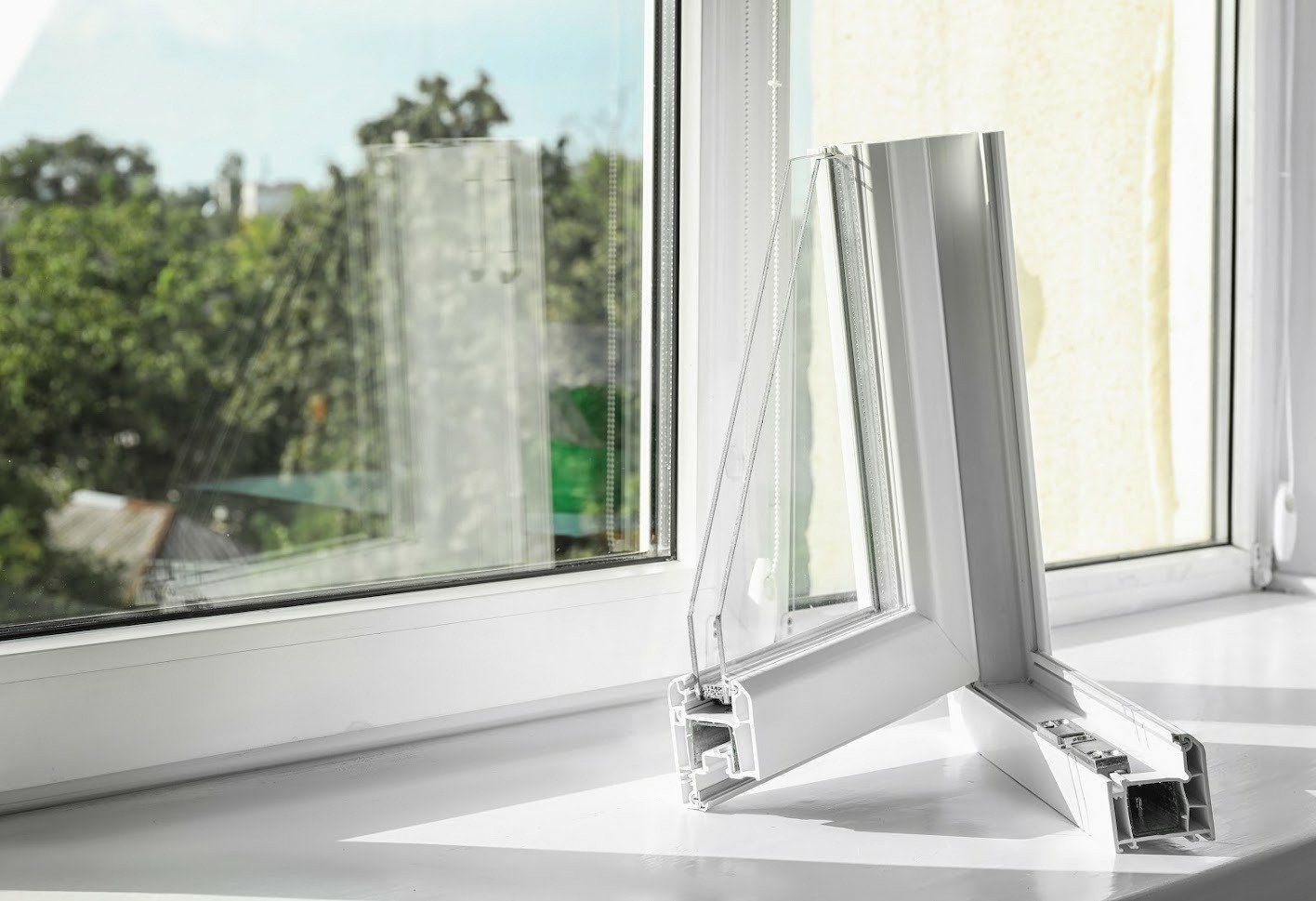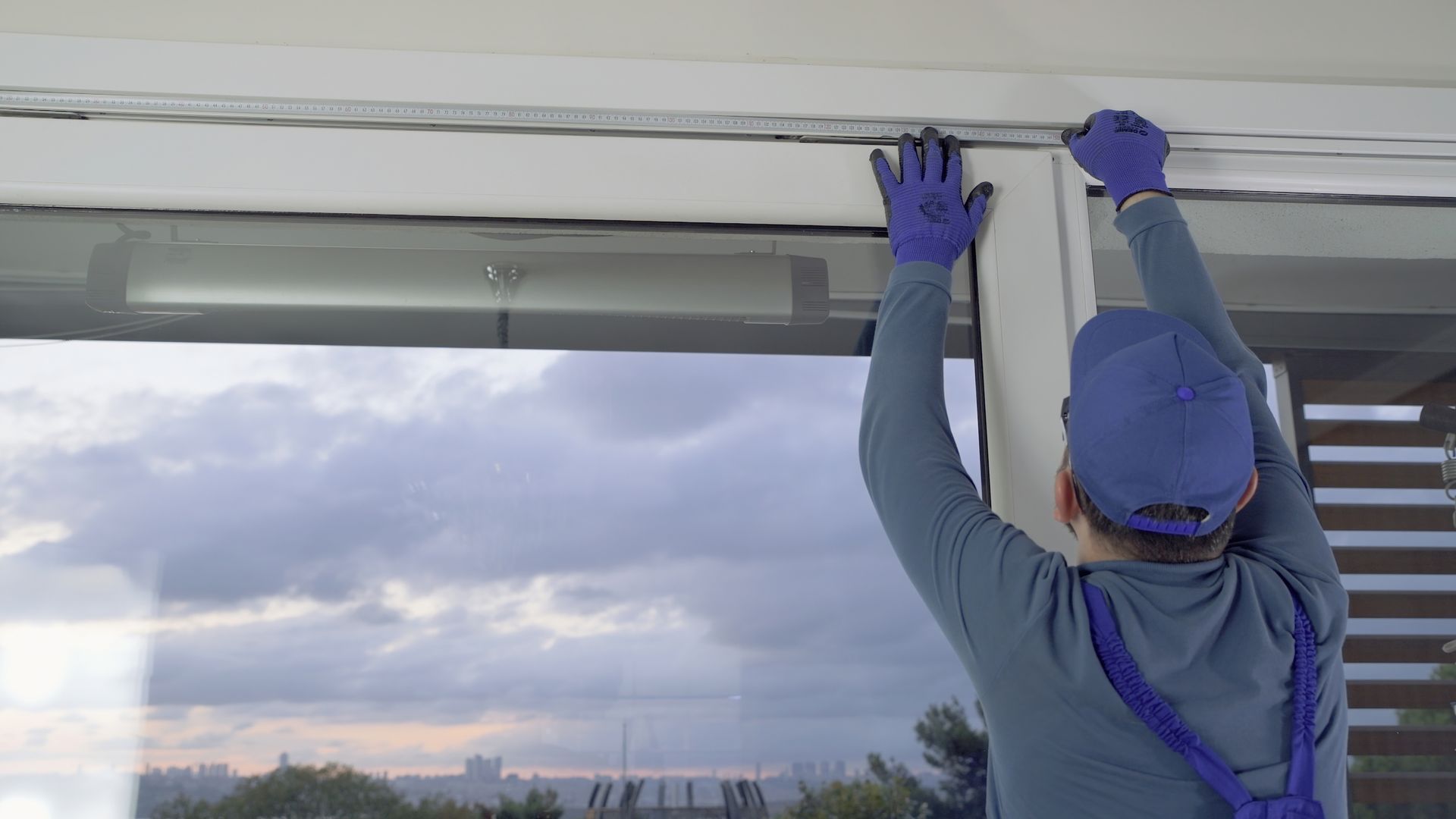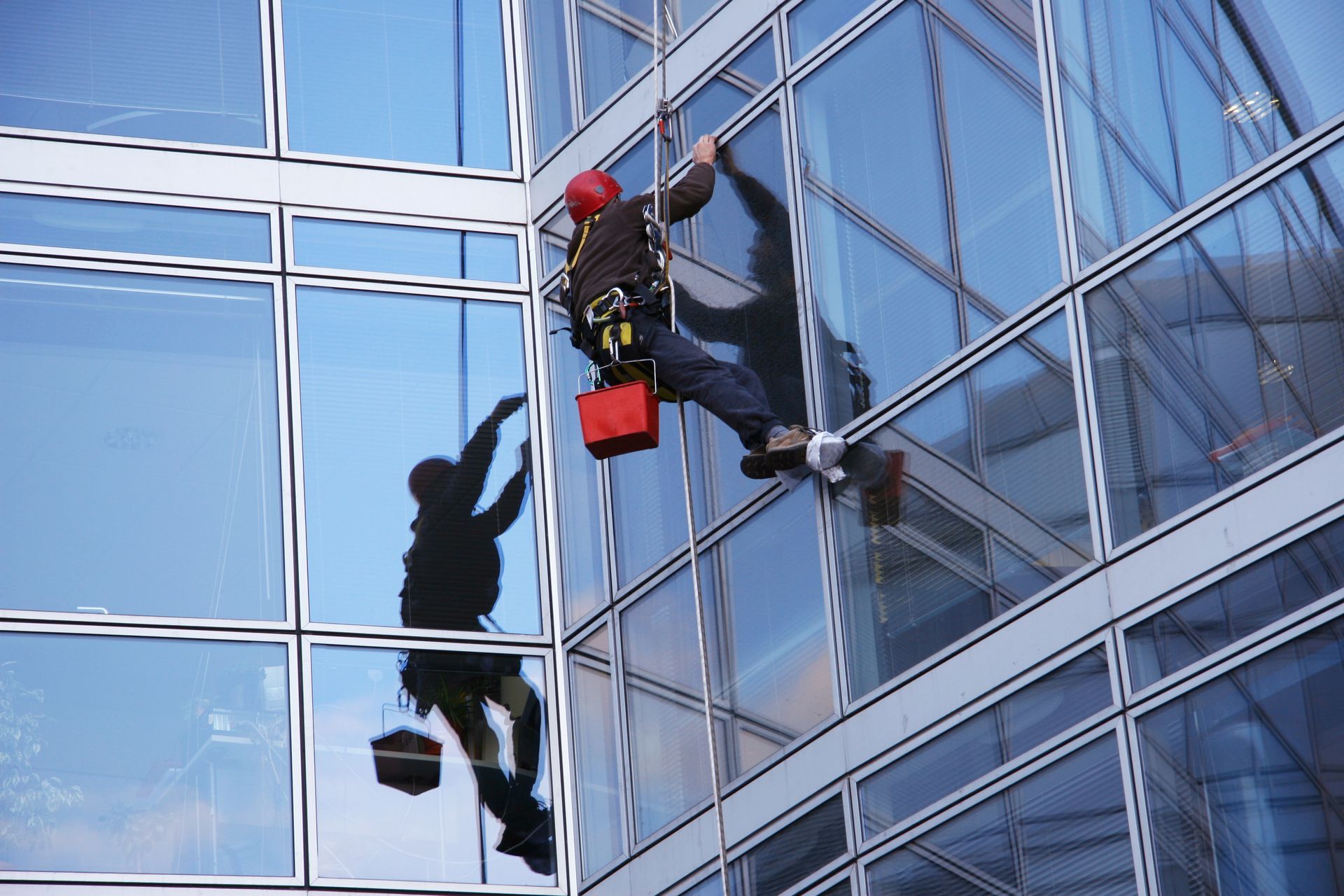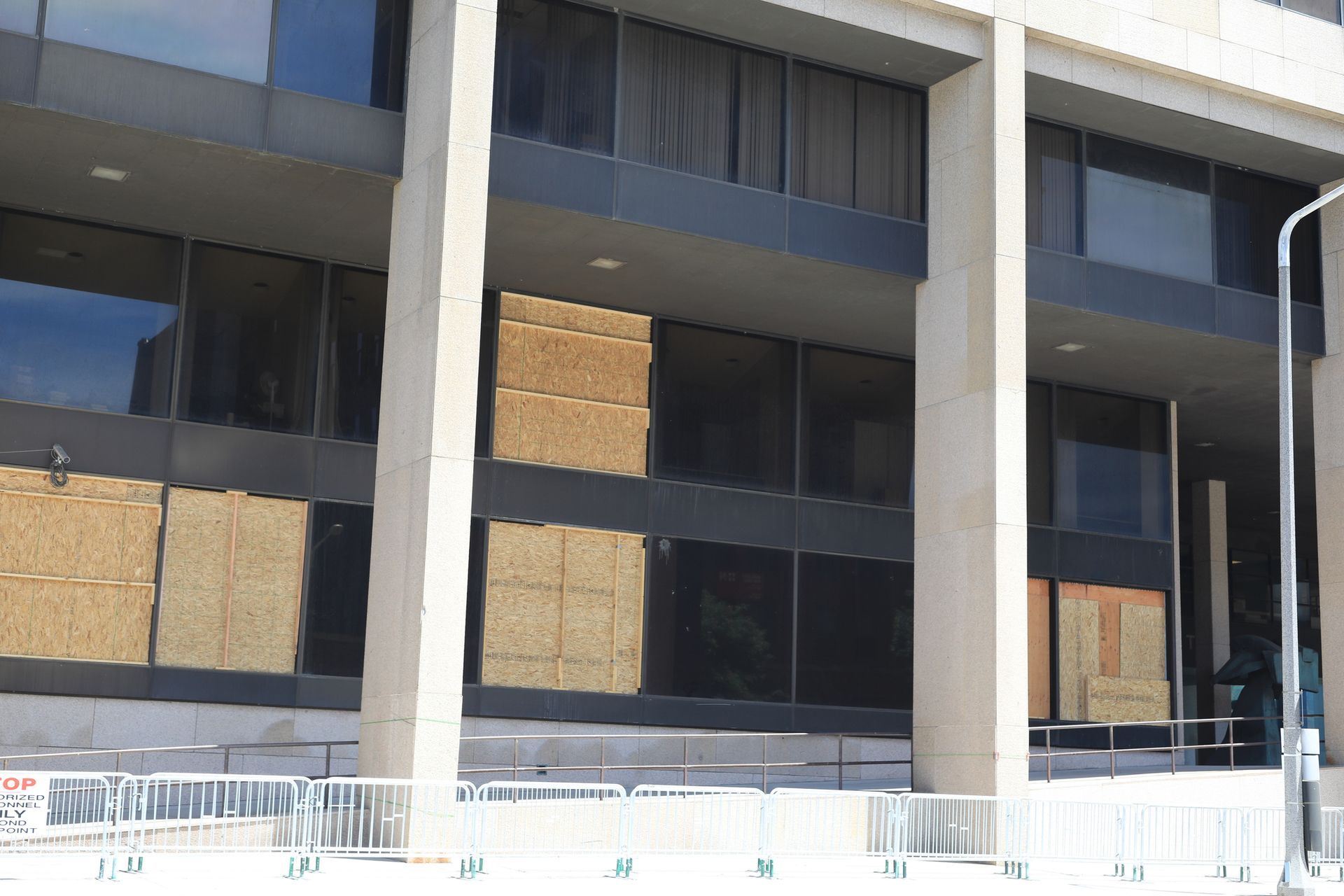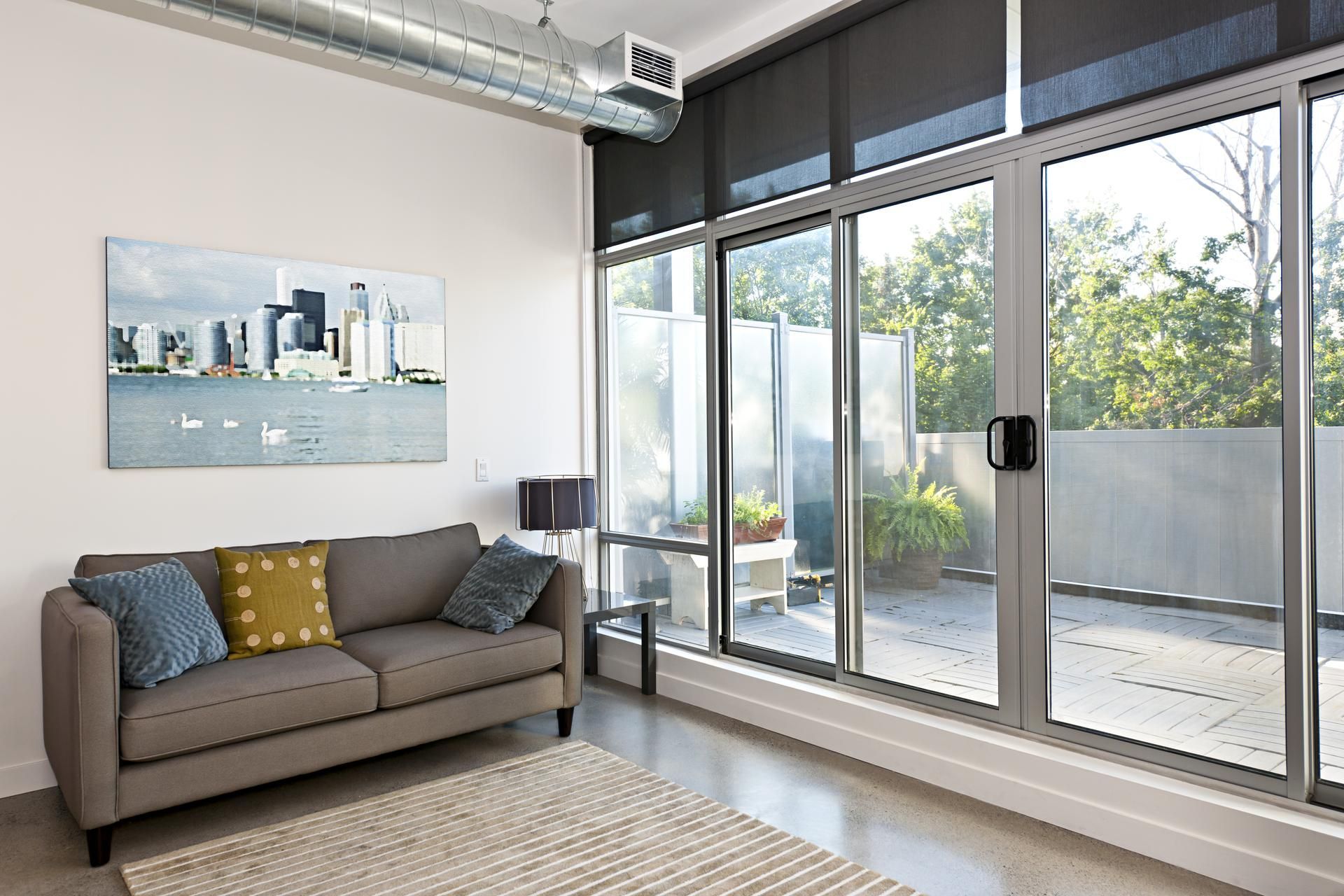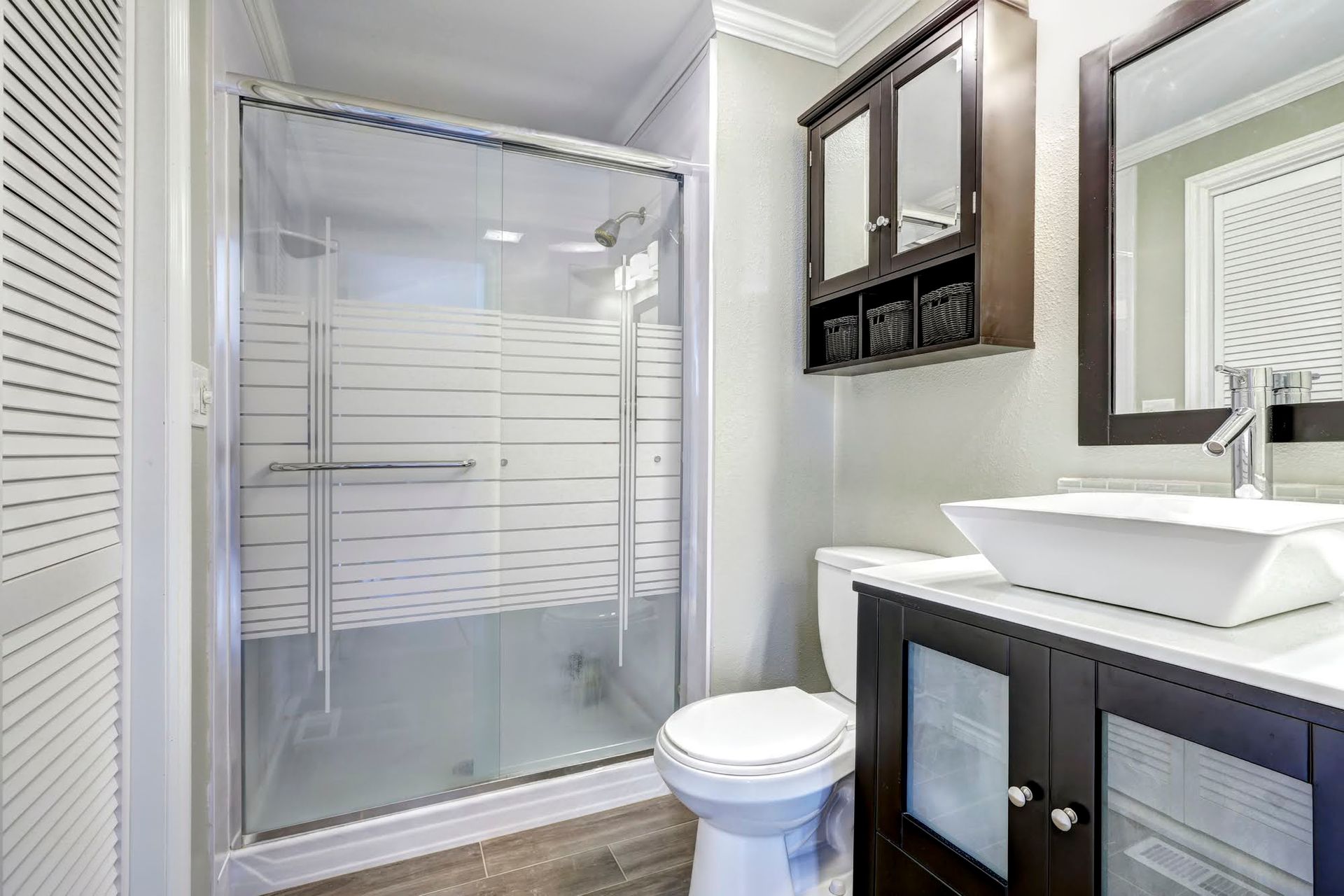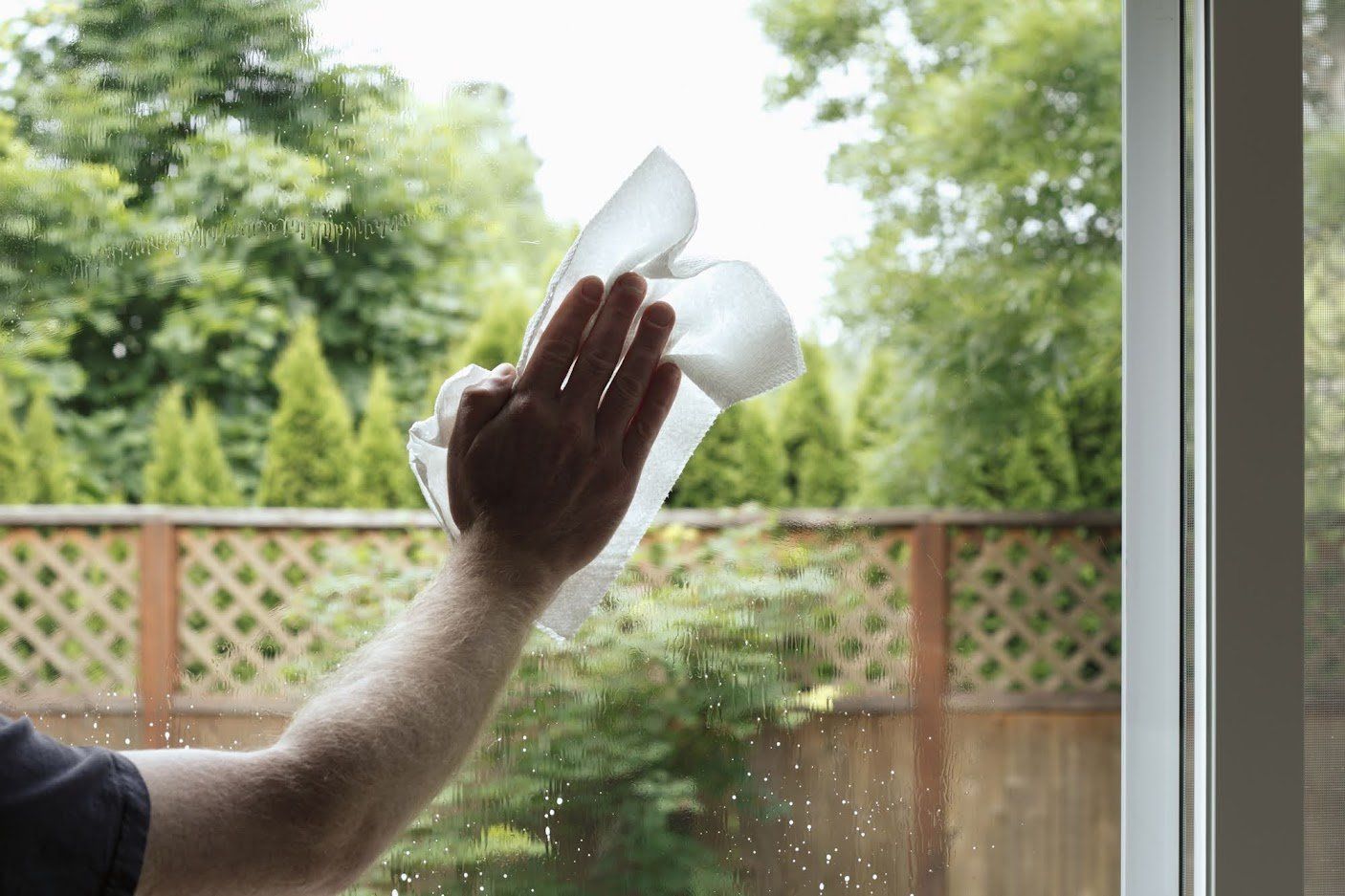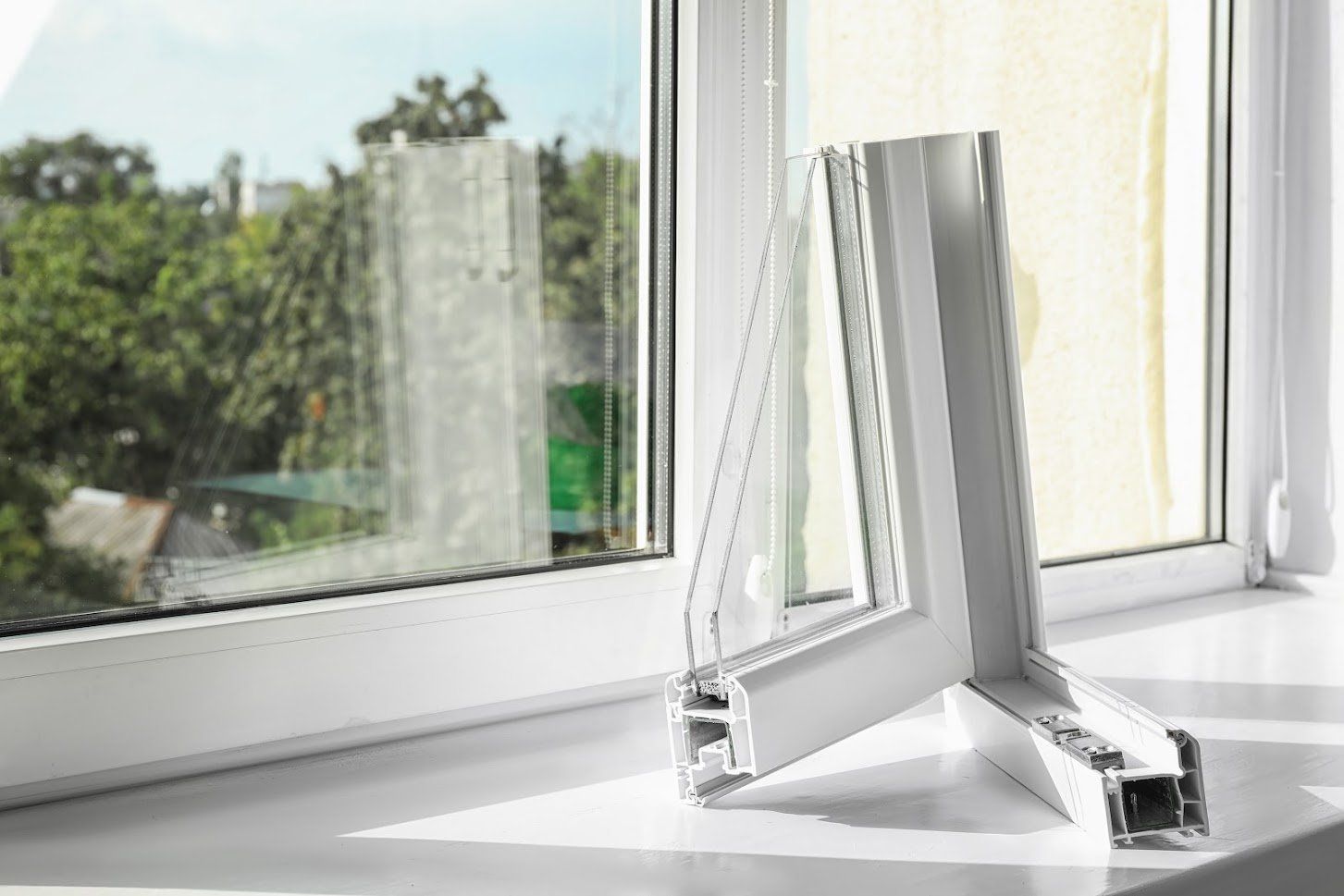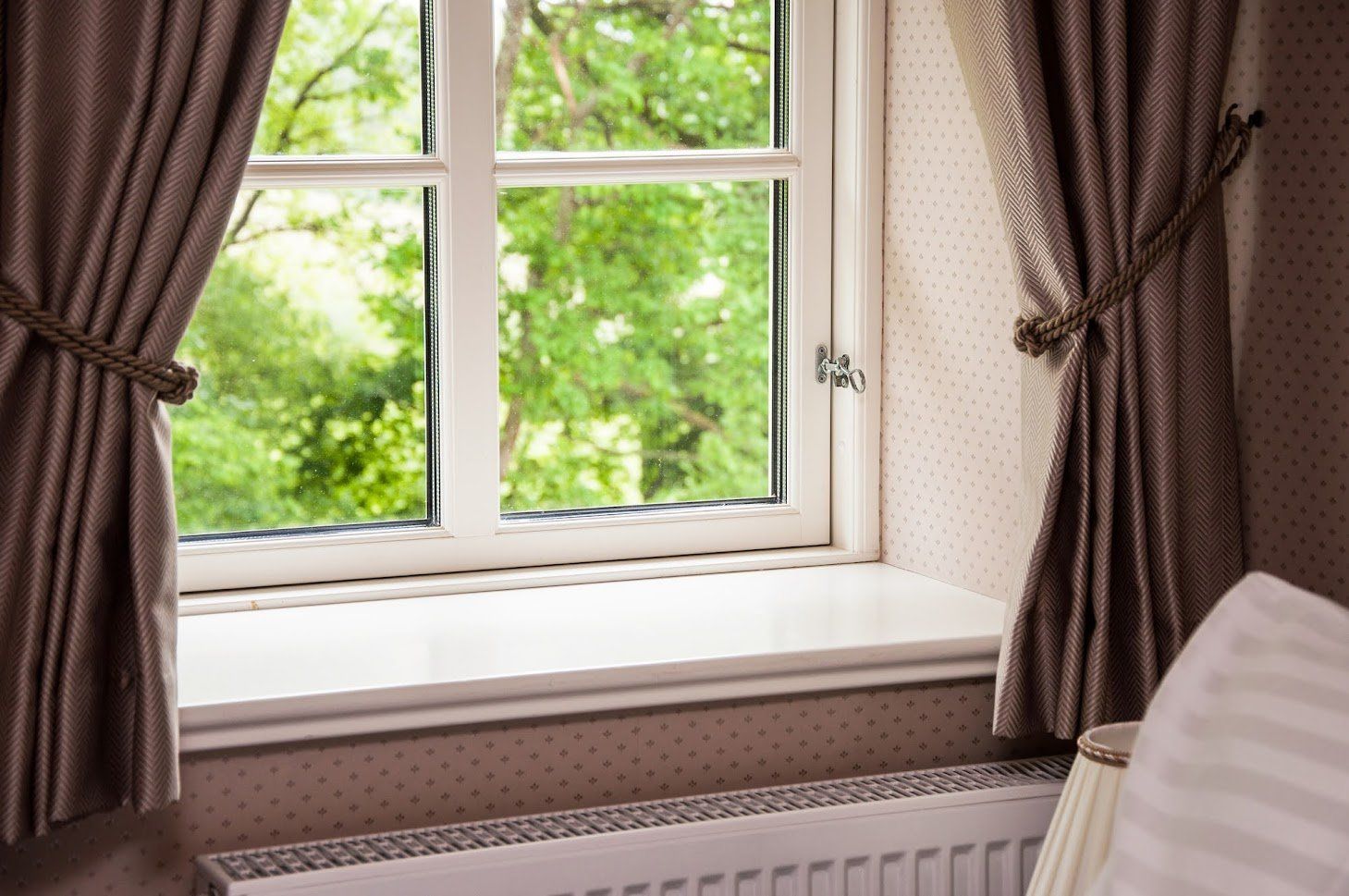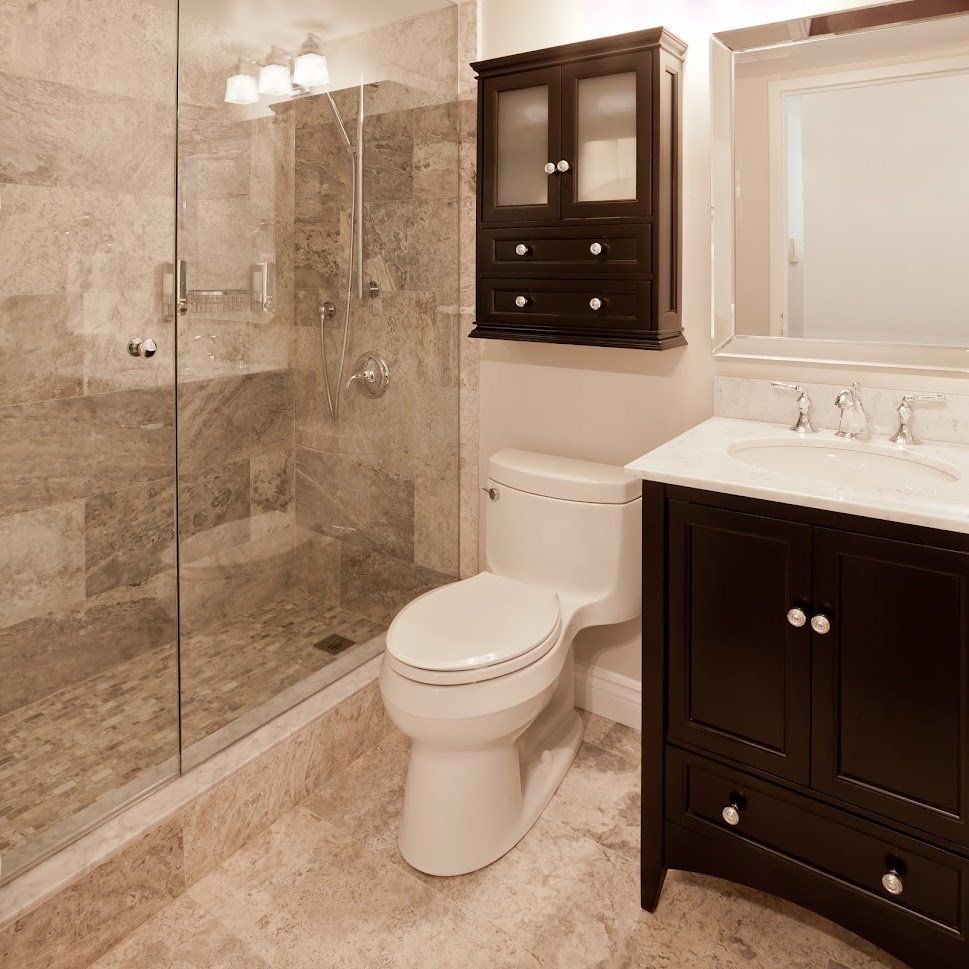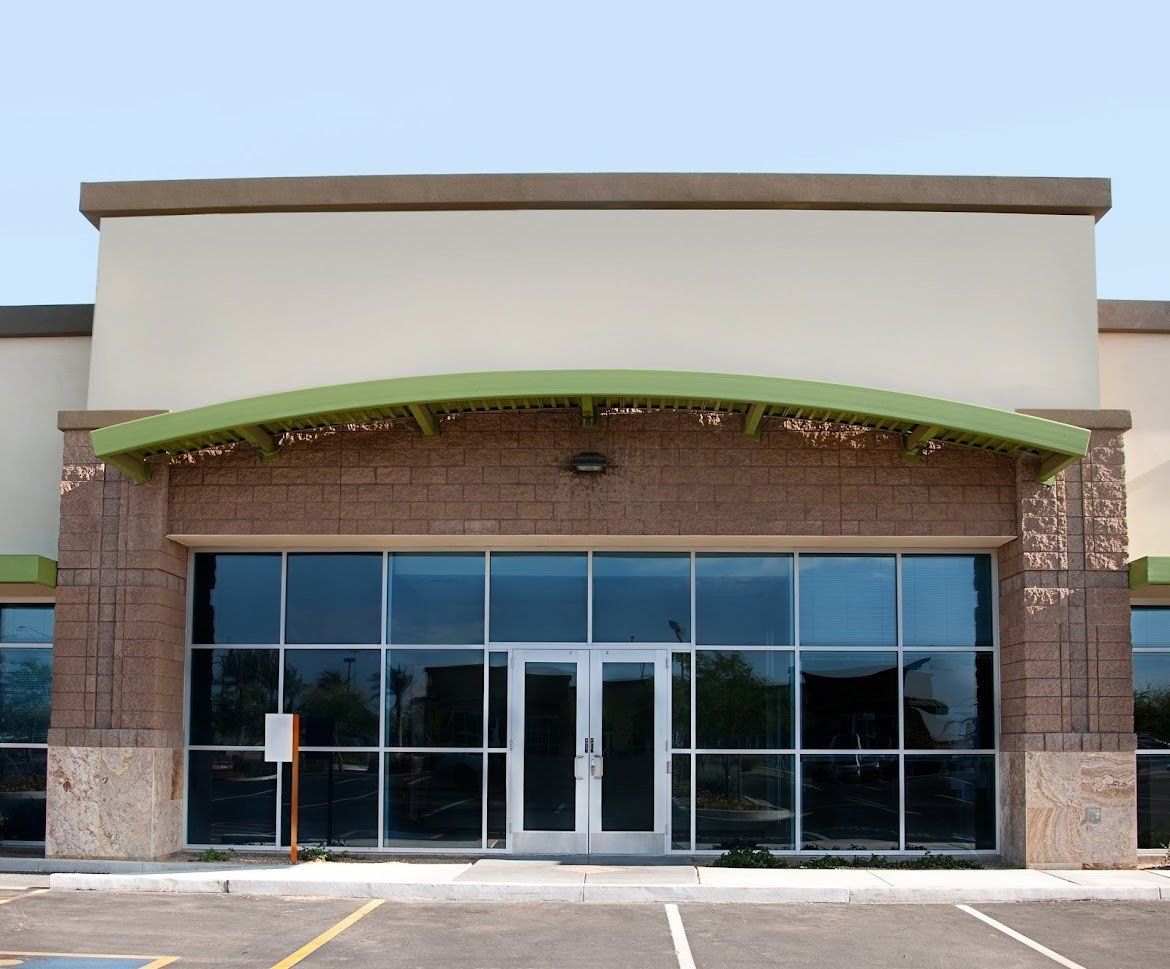The Whys, Whats, Whens, and Hows of Green Window Replacement
Do you want to make your home eco-friendly? According to a study from Southern Cross University, 87% percent of participants try to live an eco-friendly type of lifestyle. If you also try to live in an Earth-conscious way, take a look at the whys, whats, whens, and hows of home window replacement.
Why Replace Your Home's Windows?
Do you feel a slight breeze when you put your hand near one of your home's windows? Even if airflow isn't noticeable, your existing windows might have leaks. The leakier your windows are, the more energy they will need to heat or cool your home. These types of heating losses and gains account for 25 to 30 percent of home HVAC energy use, according to the U.S. Department of Energy.
If the rest of your home is sustainable, but your windows are older, you still need to take steps to make the space greener. Before you spend time, money, energy, and other valuable resources replacing your windows, ask a professional for an efficiency audit. This is an important step if you don't know much about your home's windows or don't know much about windows in general.
Single-pane windows, glass with chips or cracks, and frames with gaps or breaks reduce your home's energy efficiency. A glass contractor can evaluate the windows, look for these issues, and help you to decide if replacements will improve your home's overall efficiency.
What Replacements Should You Choose?
While most new windows provide a significant eco-improvement over older models, you need to carefully choose replacements for your green home. Before you select a new model, talk to a window professional about the number of panes, insulation and gas fillers, frame type, glazing, and operation type. These factors impact the replacement window's energy efficiency and can either help or hurt your home's sustainability.
To maximize energy efficiency, look for windows with the ENERGY STAR label. Specific ratings or properties to consider include the U-factor (the rate a window can conduct non-solar heat flow), solar heat gain coefficient (also known as SHGC), visible transmittance (the amount of visible light a window's glaze transmits), and light-to-solar gain (the efficiency of different glazes).
Along with the glass itself, you should also pay attention to the window's frame. If your home's existing windows have leaks around the frames, you will either need to repair or replace them. Weather stripping and caulking can help to reduce leaks and hold heat or cool air inside. While this is an acceptable option for some windows, older models may need a full replacement.
If you need to replace the frames, look for sustainable options. Not only are these energy-efficient, but they also come from Earth-friendly sources. Talk to a window contractor about how and where the frames are made. Wood or other natural fibers should come from sustainable sources that promote eco-conscious ideals. Avoid products filled with chemicals or other potentially damaging substances.
When Should You Replace Your Home's Windows?
The sooner you replace old, damaged, worn, or uninsulated windows, the better. The more time the windows spend in your home, the more energy your household will use. If a contractor agrees that your windows are less than efficient, schedule an installation appointment as soon as possible. Most window contractors install replacements at any time of the year - even during cold or rainy seasons.
How Should You Replace Your Home's Windows?
A professional installation is the best way to improve your home's energy efficiency through a window replacement. A window contractor can do more than just help you to choose the most eco-friendly windows and frames possible. This professional has the knowledge, experience, and equipment necessary to install windows correctly. Failure to properly install windows or frames can result in unintentional energy loss.
Are you ready to replace your home's windows? Contact
Bob's Glass for more information.

